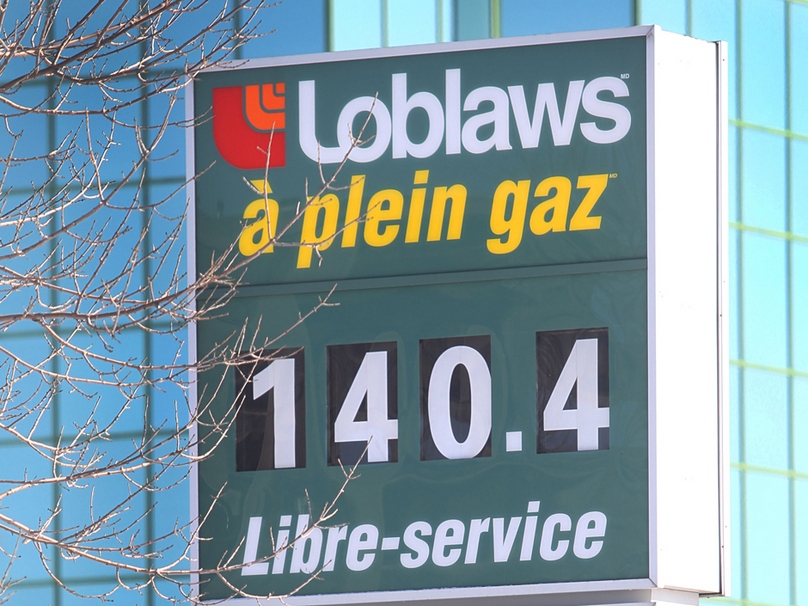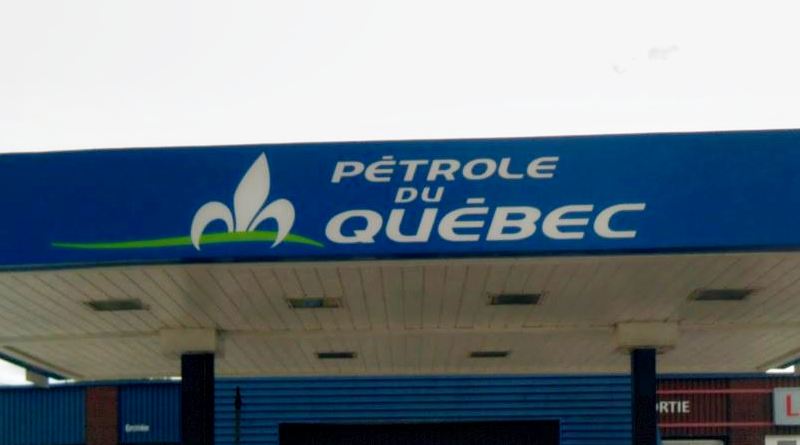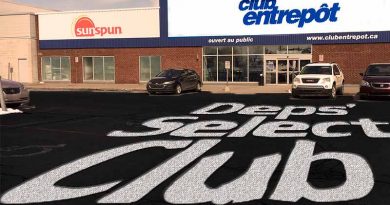What Future For Loblaw’s Gas Stations In Quebec?
Last year, Loblaw announced its intention to divest its 213 gas stations in Canada. At the time, Couche-Tard was seen by the media as a potential buyer.
Finally, it is rather Brookfield Business Partners (BBP) that decided to acquire the network.
For those who have never heard the name, BBP is a bit like the Caisse de dépot et placements but for private investors. This Toronto-based Canadian conglomerate is a tremendous global success following a Warren Buffett recipe in which it invests in long-term tangible assets of high value (office buildings, infrastructure, ports, railways, power generation plants, etc.). The company manages a total of US $ 250 billion of assets around the world and its performance record makes it one of Wall Street’s darlings. The president, Bruce Flatt, a true finance genius, made the front page of Fortune magazine no later than two months ago.
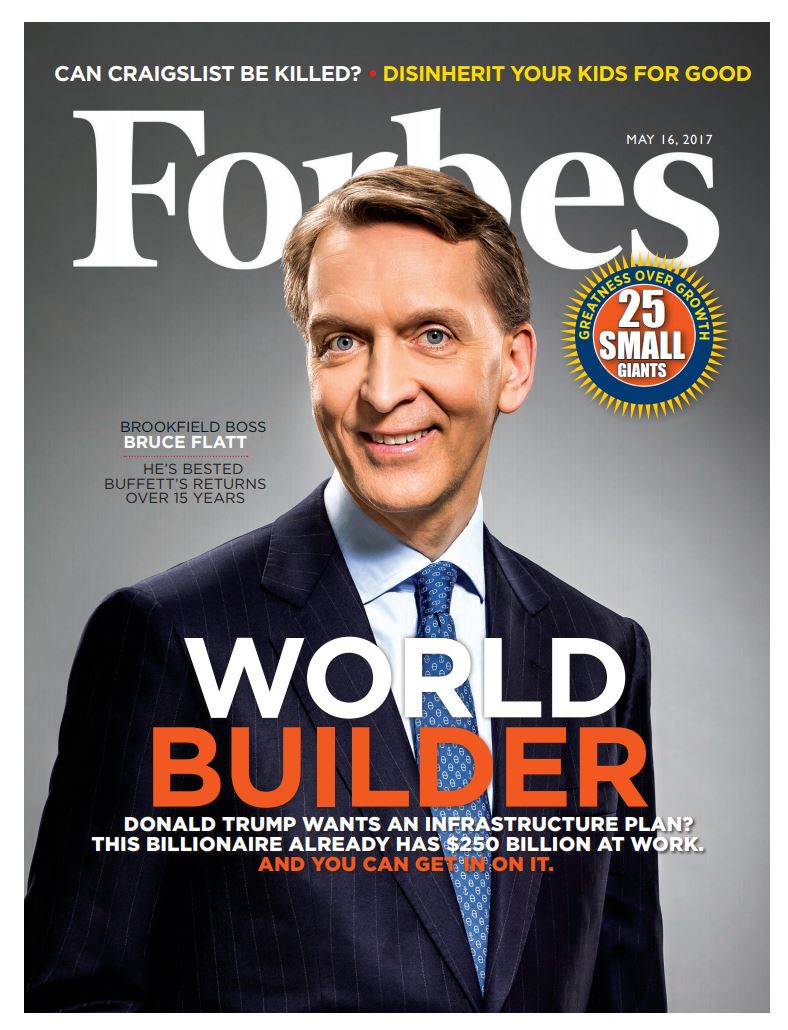
As soon as the acquisition is approved, next Fall, the Quebec gas sector will therefore welcome a new player.
The impact of Loblaw‘s gas network in Quebec, however, is not negligible but, admittedly, quite relative.
According to our latest census, Loblaw operates only 10 gas stations in Quebec under the banner A plein gaz, all located in Maxi and Provigo supermarket parking lots.
There is only one in Montreal, one in Quebec City, one in Chicoutimi, but none in Sherbrooke, Trois-Rivières or Gatineau. The others are in Lachute, Saint-Lin, Victoriaville, Delson, etc.
It’s not much. Elsewhere in Canada, the same network is much more concentrated: there are about ten gas stations in Edmonton, Calgary, Vancouver, Toronto, or as many in each of these cities than in Quebec as a whole.
The idea of such stations in the first place was to offer Loblaw customers a competitive value by allowing cross-promotions through their PC Plus loyalty program.
But with the proliferation of loyalty programs, it is doubtful whether this possibility really made a difference. Especially since Sobeys, which acquired Shell’s distribution rights in Quebec, has given itself the means to do the same, but with infinitely more stations. That said, do people opt for a supermarket to save on gasoline?
Over time, the management of such a network, so distinct from Loblaw‘s core grocery mission, has undoubtedly represented a major distraction and a growing burden, especially as margins remain extremely thin in the sector retail sale of gasoline.
That being said, the future of Loblaw‘s gas station network in Quebec, which is so small in number, is difficult to predict.
BBP said it looks forward to make an agreement with Imperial Oil to adopt the global Mobil brand, a first in the Canadian market.
Leveraging a brand like Mobil can effectively help the network stand out and gain greater visibility.
But with only 10 gas stations, we wonder what BBP intends to do in the coming years in Quebec to maximize return to shareholders.
The options are limited. It could :
- Adopt a strategy like Costco’s with very low prices and high volume … but this could require to increase the number of pumps per station.
- Increase the number of point-of-sales but not all Provigo and Maxi supermarkets can accommodate a gas station in their parking lot.
- Simply managing the network as is by aiming for a decent return or downsizing it by closing down the small Quebec network and concentrating the brand in the rest of Canada, where the operating costs will probably be lower on a pro rata basis.
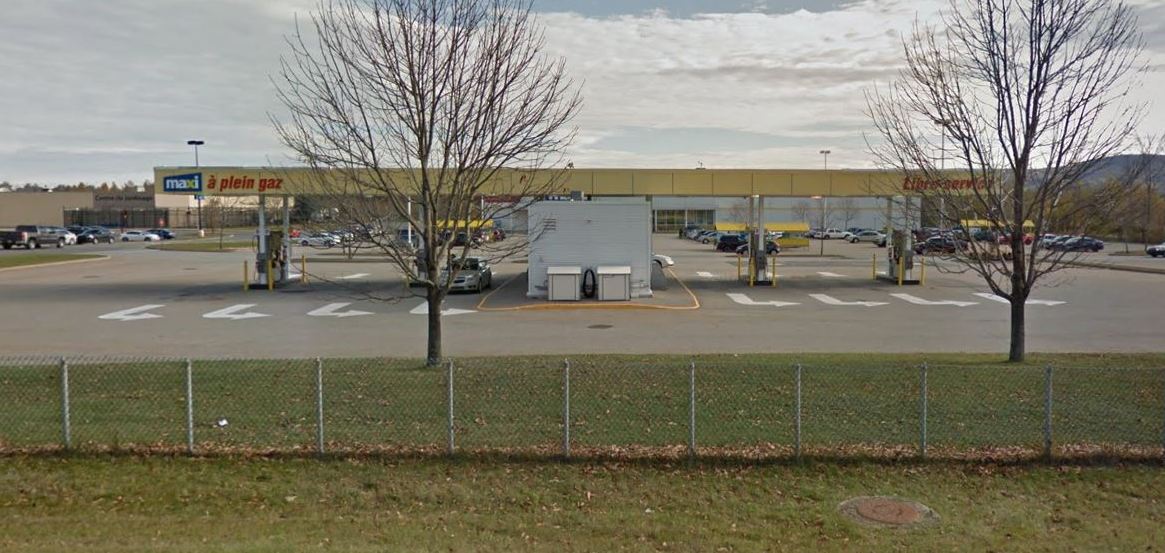
The sale to a financial conglomerate as smart as BBP, which pursues a long-term vision and has deep pockets, is by far the best option to get the most out of the current network and Loblaw has certainly made a very good deal.
As for Quebec, however, because of the small size of the network, nobody will be surprised if BBP decides to throw the towel and focus elsewhere in Canada.
This would be a shame for motorists who would lose an important source of competitive diversity and pressure on gasoline prices.

